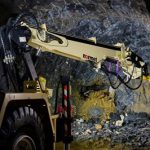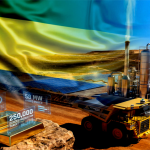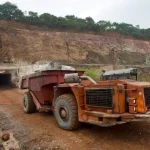A senior White House official highlighted the importance of promoting mining projects in countries like the Democratic Republic of Congo (DRC) and Zambia. This is crucial for securing a stable global supply of critical minerals needed to combat climate change.
Amos Hochstein, White House senior adviser for energy and investment, emphasized the role of these mineral-rich nations in meeting the increasing global demand for clean energy components and infrastructure. This includes supporting advancements like artificial intelligence, offering an alternative to China’s dominant position in these areas.
Hochstein underscored the need for initiatives similar to President Joe Biden’s Inflation Reduction Act. Such initiatives provide significant subsidies to producers of minerals like lithium and copper, which are essential for batteries and solar panels.
He also stressed the importance of extending support to projects in countries with abundant resources but facing challenges such as poor labor and environmental standards, as well as political instability, including DRC and Zambia.
To overcome the reluctance of Western corporations to invest in these regions due to perceived risks, Hochstein called for collaboration among the United States, G7 nations, Australia, South Korea, Saudi Arabia, and global financial institutions.
He proposed leveraging agencies like the U.S. International Development Finance Corporation and the Export-Import Bank of the United States, along with entities like the World Bank and International Monetary Fund, to unlock capital for responsible mining ventures.
Furthermore, Hochstein emphasized the need for these collaborations to incentivize host countries to improve the well-being and quality of life of their communities.
By taking on more initial risks in a responsible manner, governments can stimulate private sector involvement and promote a diversified, sustainable, and equitable energy transition.















